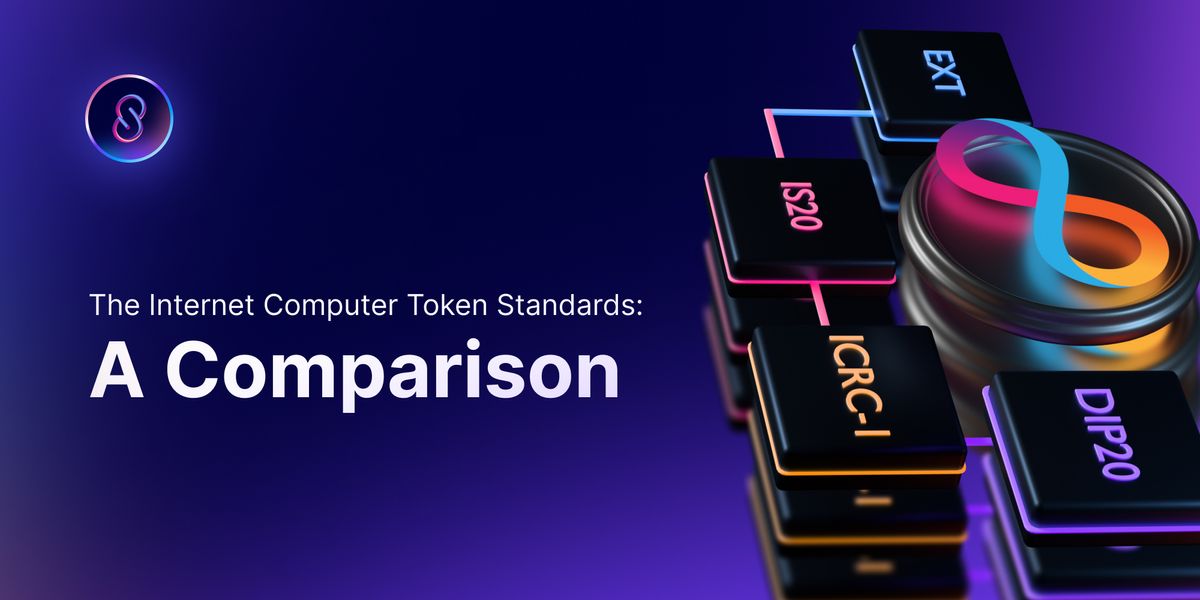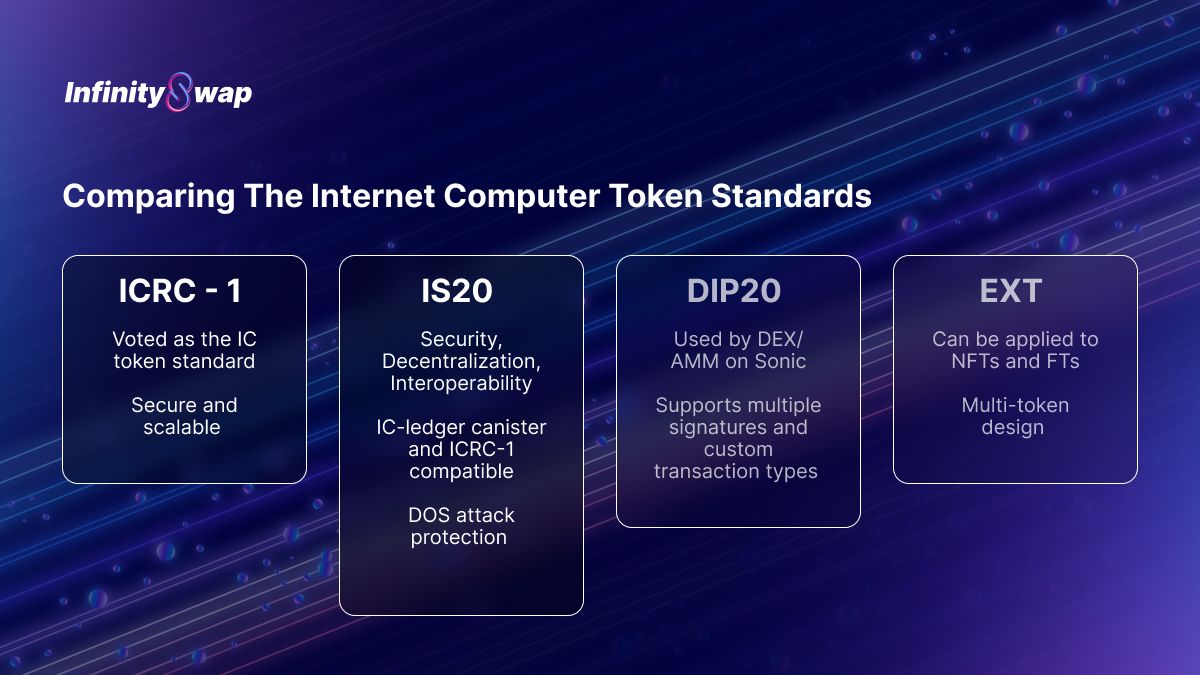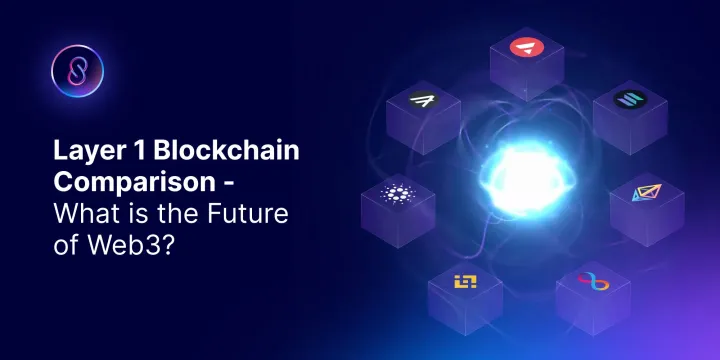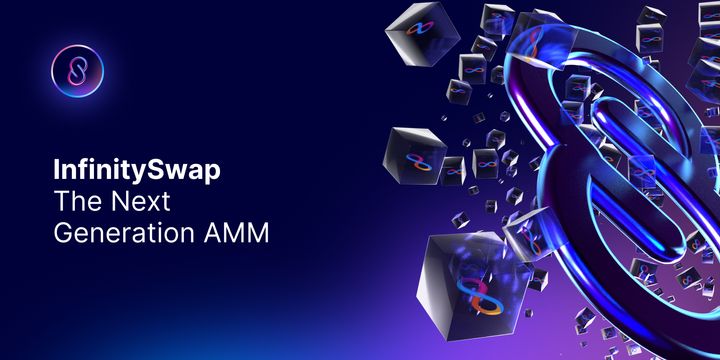The Internet Computer Token Standards: A Comparison
As much as the InfinitySwap team supports the official token standard, we feel it’s crucial for you to understand your options. For example, is ICRC-1 really better than the likes of IS20, DIP20, and EXT?

A majority vote made by the Network Nervous System for proposal 7470 hailed ICRC-1 as the official token standard for the Internet Computer blockchain in August 2022. While the ICRC-1 token has its perks, it’s not the only obvious choice for anyone looking to tokenize their creations.
As much as the InfinitySwap team supports the official token standard, we feel it’s crucial for you to understand your options. For example, is ICRC-1 really better than the likes of IS20, DIP20, and EXT? Here’s the scoop:
Why ICRC-1 Won the Battle
The Network Nervous System voted ICRC-1 as its token standard because it’s a scalable, secure standard that meets the needs of diverse communities.
ICRC-1 is an open, secure, and decentralized token standard that allows for flexible use cases in smart contracts. It is used to create digital assets and support different transactions on the Internet Computer blockchain.
The goal was to create a token standard that would allow applications with various use cases while scaling across platforms and devices.
The Internet Computer Token Standards
It’s a new day in blockchain, and we’re all feeling it.
With the Internet Computer, users can update token implementations dynamically by upgrading associated canisters rather than requiring an entirely new fork of the blockchain (or worse: a “hard” fork that requires users to discard their current wallet addresses in favor of new ones).
Apart from the now widely accepted ICRC-1 token, here are three other token standards and how they measure up against ICRC-1.

IS20
We believe that the IS20 token standard is the best token standard on the Internet Computer.
Why? Because it’s got everything: security, decentralization, and interoperability.
We’re not just talking about being compatible with IC ledger canisters and ICRC-1—we’re talking about a native inspect message mechanism that protects update calls from DOS attacks.
We’re not just talking about inter-canister calls being risky because they require all pending messages to be processed before updating a canister. Instead, we’re talking about over a dozen professionals testing the code to verify that all potential attack routes are considered and prevented.
We’ve got it all!
DIP20
DIP20 is a token standard established by Psychedelic DAO similar to ERC-20. Some IC lovers may be familiar with DIP20 because it is the token standard used by the DEX/AMM on Sonic.
Because of its similarity to ERC-20, it provides a smooth conversion path for seasoned blockchain developers. To ensure compatibility, the team maintains the same common interfaces with Ethereum.
DIP20 was created because Psychedelic DAO wanted to improve ERC-20’s shortcomings: its inability to support multiple signatures and transaction types/structures.
The result is a flexible standard that allows users to define their own transaction type and structure and specify how many signatures are required for a transaction to be processed successfully on Ethereum.
EXT
EXT is a token standard similar to ERC-1155 but with a few key differences.
The first big difference is that users can apply EXT to both fungible and non-fungible tokens. As a result, it has the potential to be used for cryptocurrency ledgers and other dynamic NFTs, such as in-game assets.
The second significant difference is that EXT has a multi-token design. As a result, extensions will add features suited to the token’s intended application in the future.
The third major difference is that EXT allows multiple types of tokens to exist on one blockchain. It also supports multiple types of transfers at once—for example, you could transfer multiple tokens at once or transfer one token type and receive another type at once.
As you can see, these three differences make EXT more flexible than ERC-1155.
Deciding Which Token Standard is the Right Fit
So, what’s the right token standard for you?
If you’re unsure, just remember that it all boils down to your needs. You can choose a more universal standard or one that offers less flexibility, but if you’re unsure which direction to go, start with the simple and work your way up from there.
That said, we recommend starting with either ICRC-1 or IS20—they’re easy to implement in any smart contract platform, and tons of wallets already support them. If you need NFT support, then EXT is your standard.
Connect with InfinitySwap
Twitter | Website | Telegram | Discord | Github

*Disclaimer: While every effort is made on this website to provide accurate information, any opinions expressed or information disseminated do not necessarily reflect the views of InfinitySwap itself.





Comments ()